Clara Garcia Ortés is the voluntary president and project manager at Be Artsy, a non-profit association that develops creative projects for communities lacking access to provide training and experiences.
You practically live in Nepal doing voluntary work on this topic; what’s the current situation in Nepal?
Since the end of the civil war, almost ten years ago, elections were held for the very first time in Nepal, and things have calmed down slightly now, although the situation is still very unstable.
At Be Artsy we focus our activity especially in the west of the country, where the situation is more complicated and may of the population’s needs are not met, especially among girls and women, who live in a dire situation.
On the one hand, when girls are menstruating, the situation is difficult. Culturally, they are seen as impure during those days and, for instance, they are not allowed to touch fruit trees because it is believed the tree could die; they cannot touch any family member for the same reason; they cannot drink milk for fear that the cow should die, and cows are sacred animals in Nepal.
On the other hand, they are forced to sleep outside the family home, in huts far from the village. In the winter cold several girls have died asphyxiated, since they are not allowed to cover in blankets and therefore resort to lighting fires inside these huts to get warm. Recently, a girl died in Achham District, in west Nepal. In the summertime, they die from snake bites.
Another problem is that, in villages, there are very few men living and the ones who are there, drink alcohol and play card games. Those who leave to find a job in India return home once a year, in October, and since they know there are girls left alone in the huts, they have total impunity to rape them.
What do you do and what is your goal?
We provide sex education at schools, we give Rugby Cup awards to girls; we organize workshops on sex education and menstruation to empower women in villages.
Our work is based on hiring locals for sex education, inviting girls to talk about the aspects they don’t like about menstruation through participatory photography, so we encourage them to talk to us about chhaupadi and, using menstrual cups, improve their hygiene habits. We have been working on this since 2016 and have seen spectacular results and changes with regards to chhaupadi in the villages where we’ve worked. We work in the area where this girl died (although we’ve never been to her village); acceptance among girls in Achham reaches 97%.
Our goal is to provide tools for these communities to improve communication and open up spaces for a critical reflexion so as to allow internal changes that are seen necessary to happen. We offer help, especially to girls and women, through art and creativity on aspects that impact them directly.
What can we do to help?
There are several ways to help. For instance, we need more members. We also launched a crowdfunding campaign on Gofundme.
The project is called Rato Baltin, which means red bucket. At the workshops, girls are given a tin bucket, a sponge and a towel so they can benefit from the best hygiene conditions. As they are not allowed to touch water, someone else can fill their buckets so they can clean the menstrual cup we give them. The project has an average annual cost of €16,500.
We’re also looking for volunteers who can help us with specific tasks such as accounting, searching for and managing grants, dissemination…
For further information visit http://beartsy.org
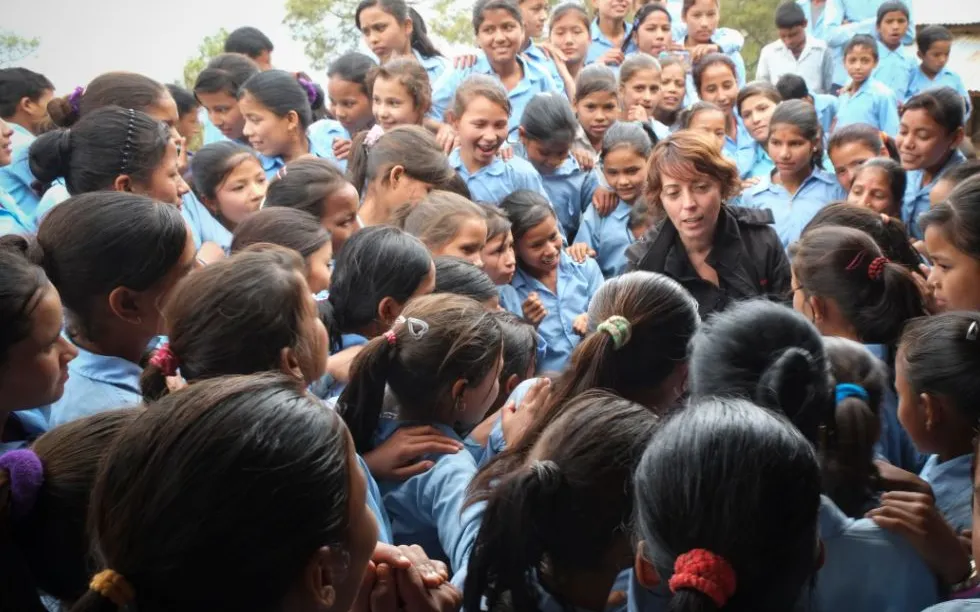

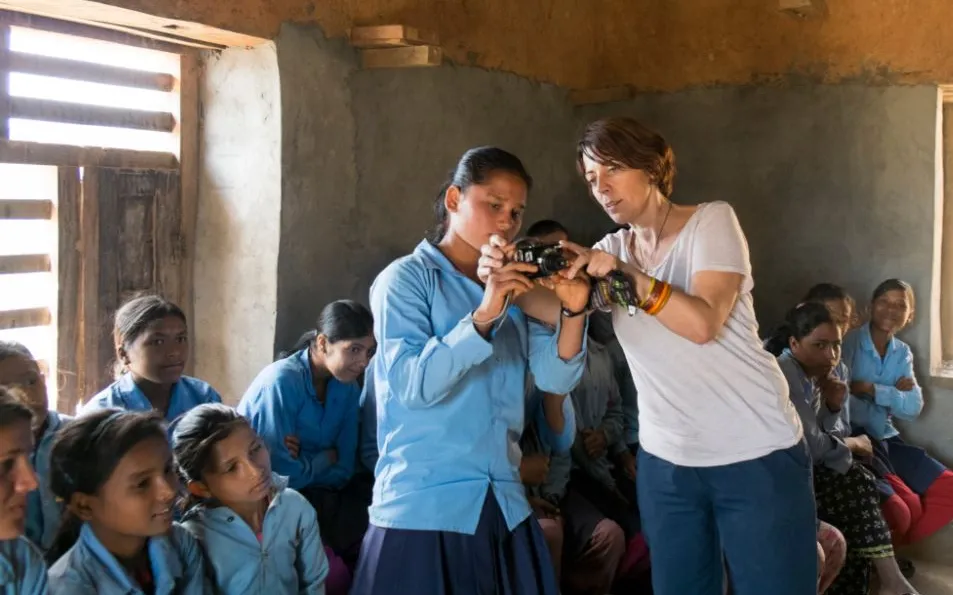
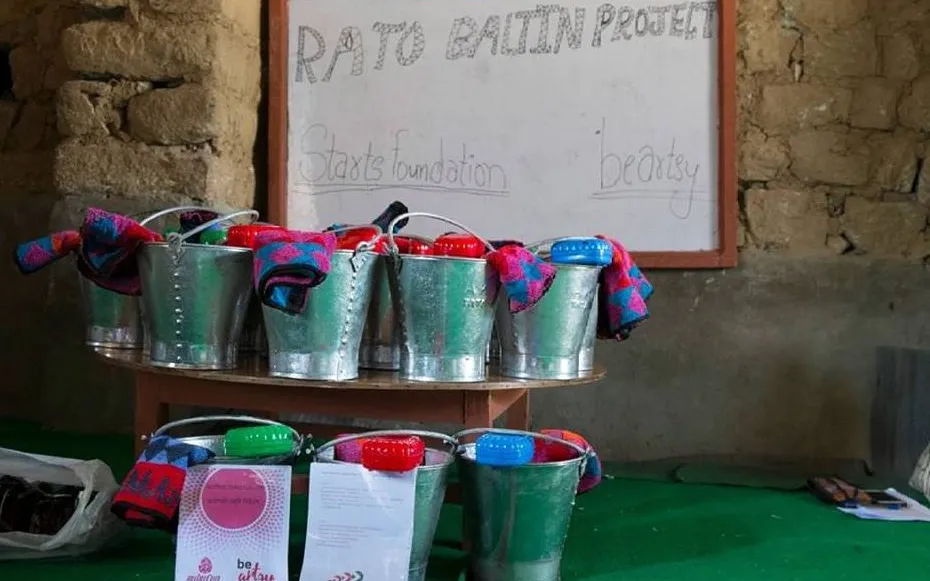
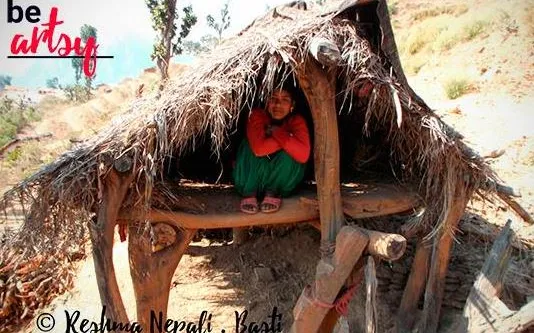


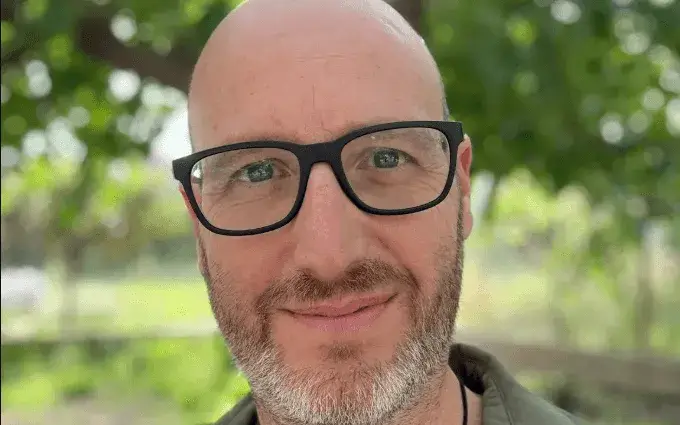
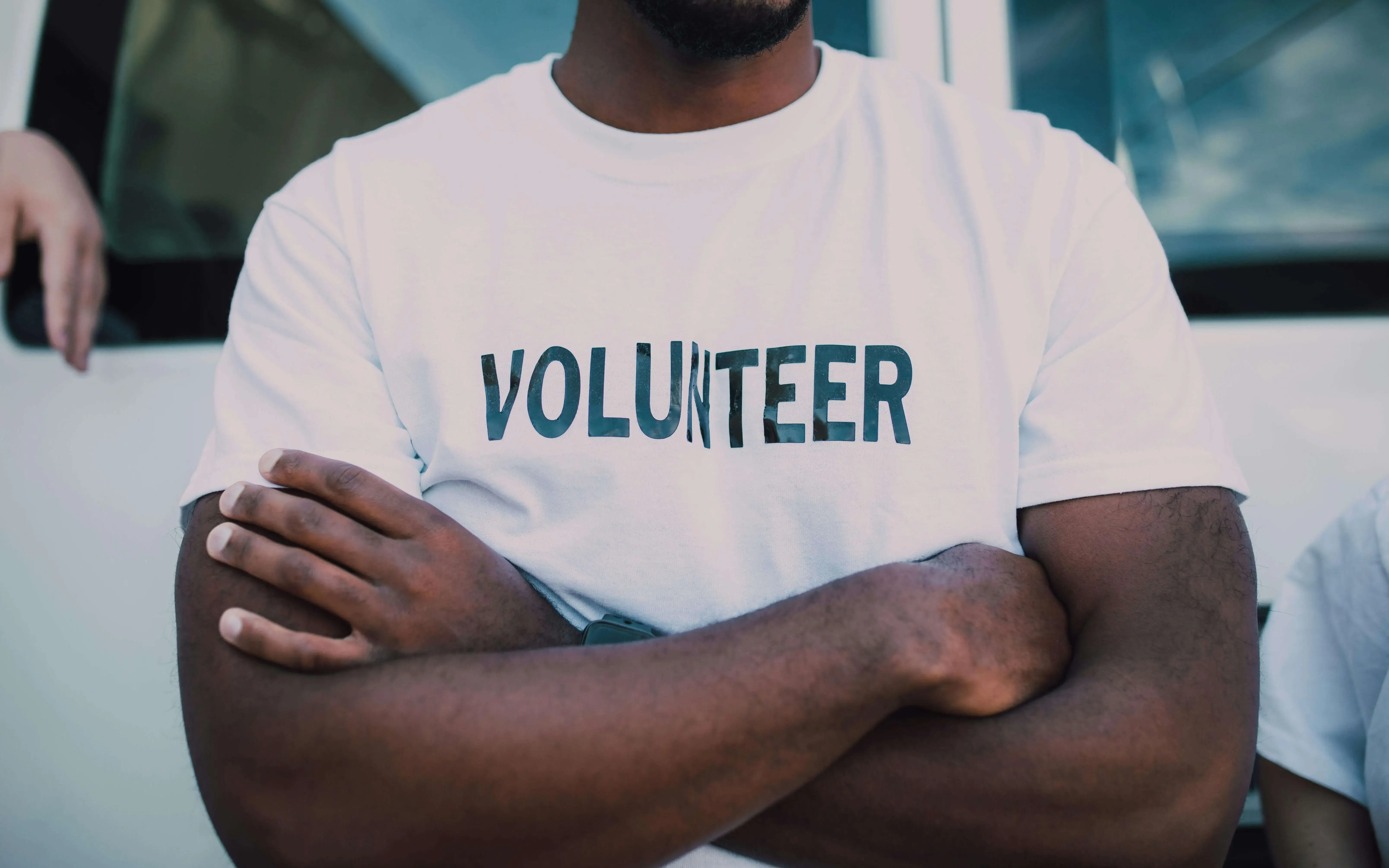
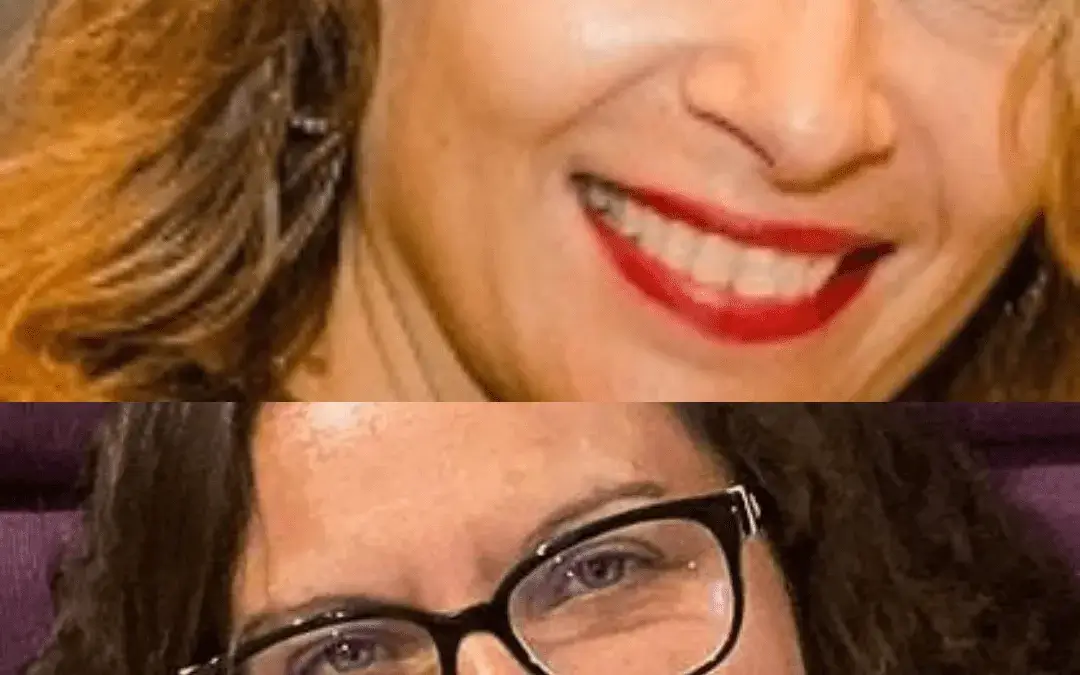
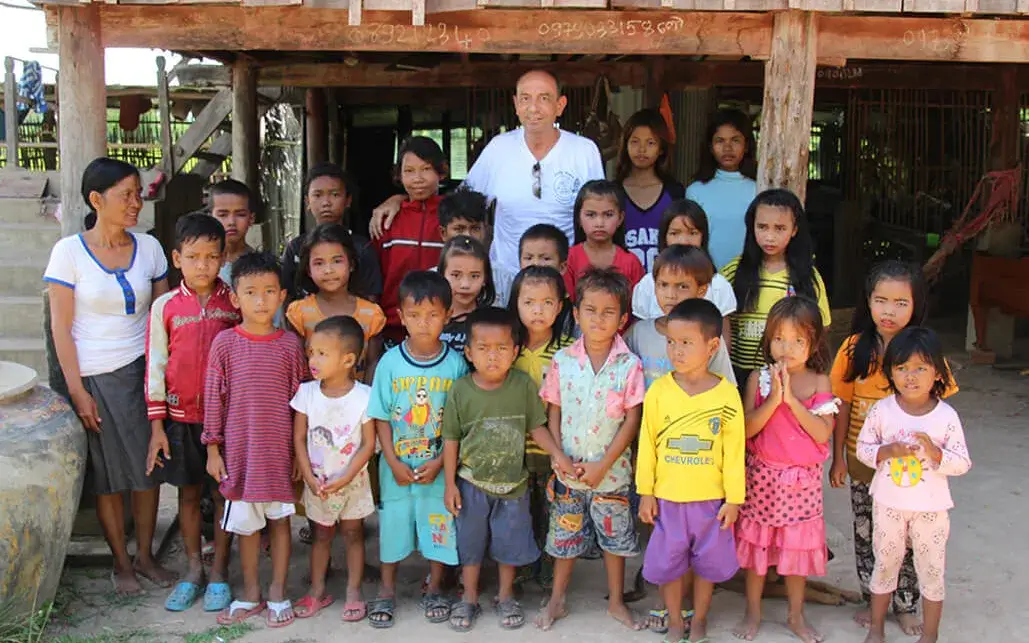
Add new comment